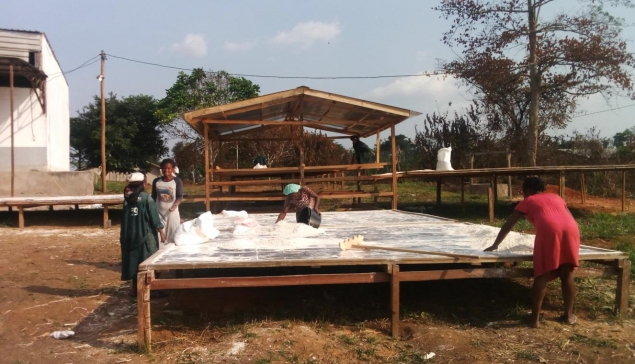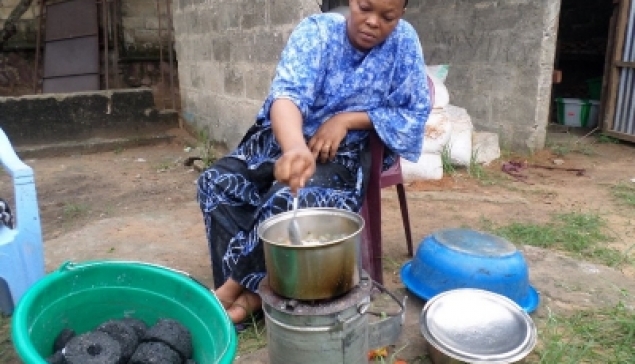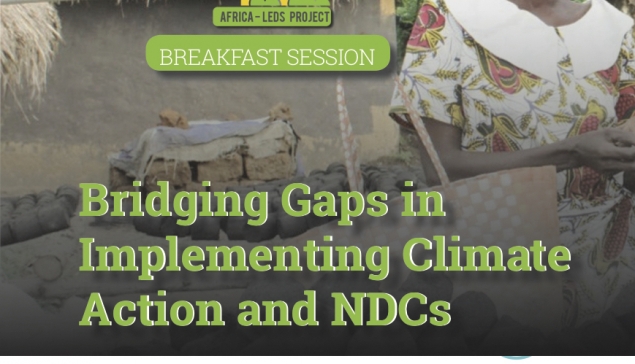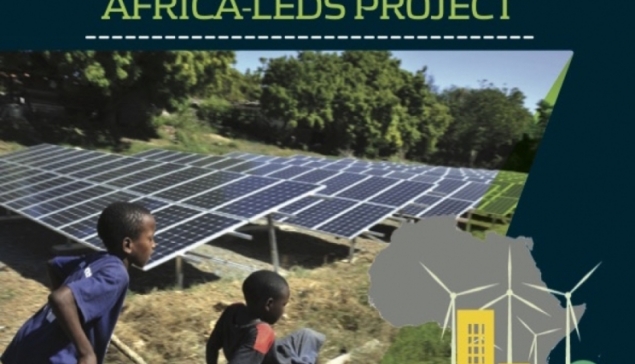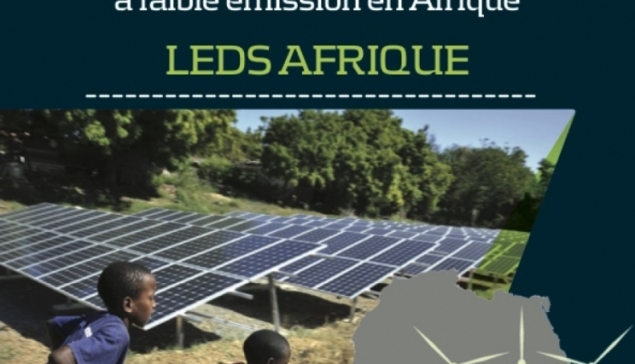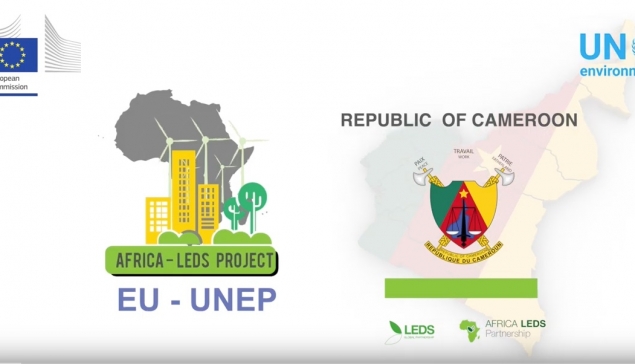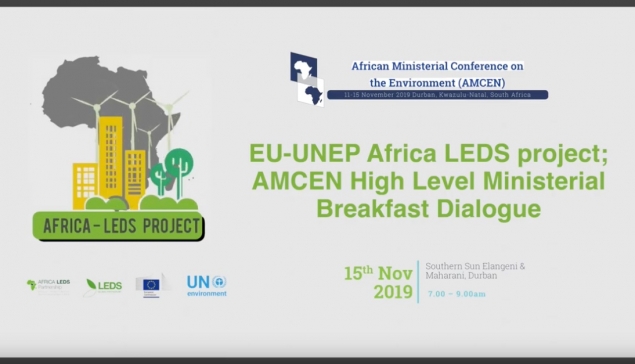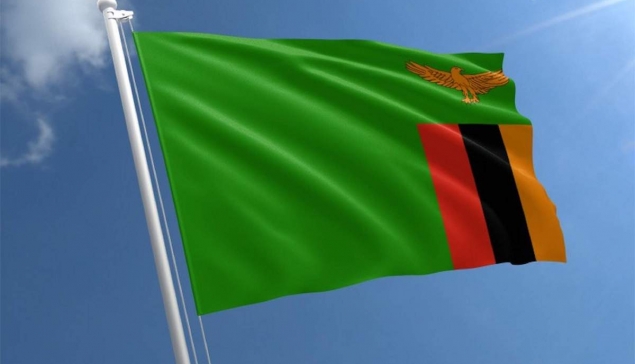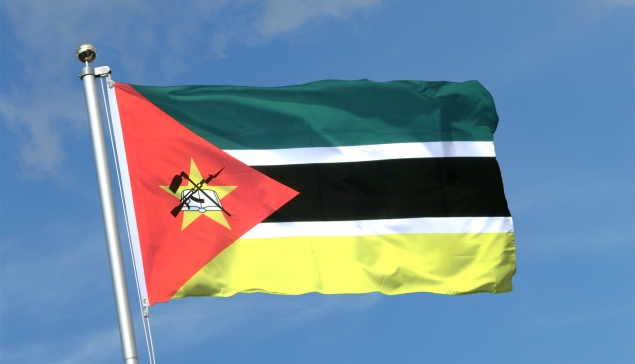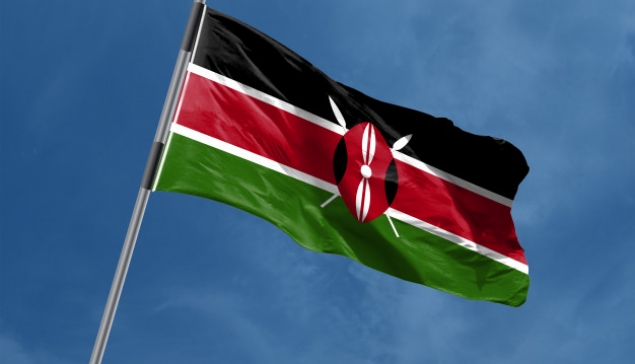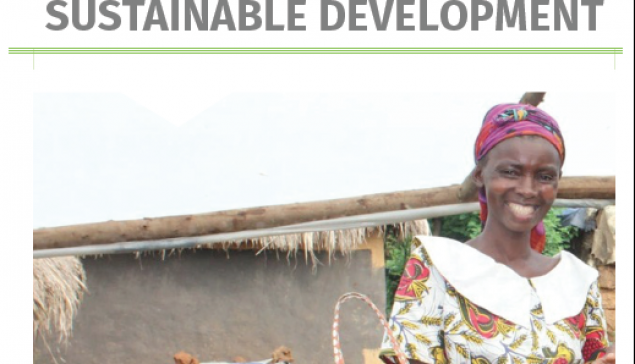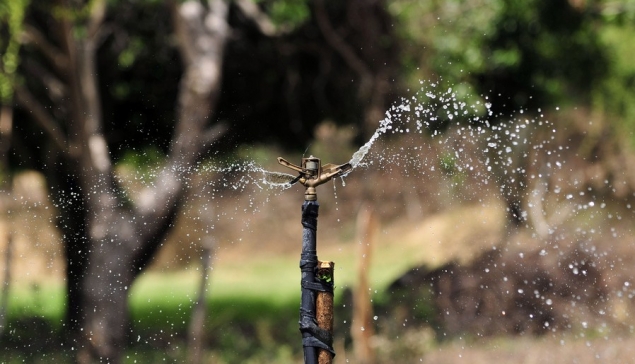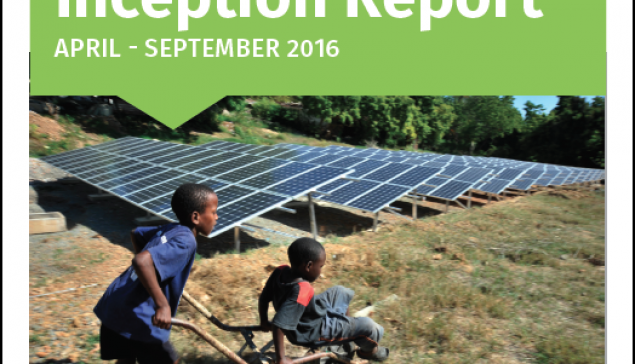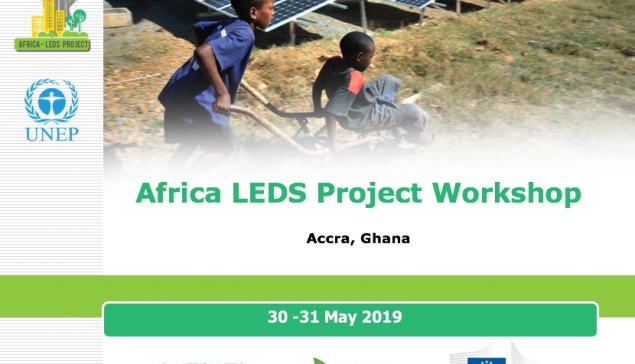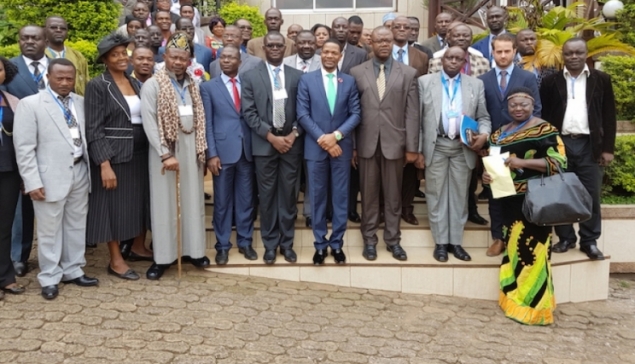Cameroon implemented both project components. Under component 1, the ground demonstration action involved greening the countries agro-value chains using nature-based, climate-smart agricultural approaches for on-farm production, clean energy to power agro-processing, and Information and Communication Technology (ICT) digital tools for connection to markets – in place of business as usual (BAU) paper processes and product transport that has a higher carbon footprint. This demonstration covered NDC priorities in agriculture, energy, forestry, and transport. The ground action was done at two sites – Jakiri municipality and the Ngoulemakong municipality. Jakiri involved linking a micro-hydro plant to power milling of cassava sourced from a local cooperative into flour. This flour was then marketed using a digital ICT tool called AfroShop. At the Ngoulemakong municipality site, solar driers were used to dry cassava for preservation and preparation for processing. Results were compiled into case studies and shared with policy makers through the Ministry of Environment that convenes the interagency policy taskforce.
Under component 2, the country developed an indigenous model – a customised model that can forecast simultaneous climate and socioeconomic impacts of greening Cameroon’s agro-value chain. The analysis was done using data from the ground demonstration under Component 1 and extrapolated impact nationally and over time up to 2035, the year the national development strategy, Vision 2035, is set to expire.
The Africa LEDS project is supporting Low Emissions Development (LEDS) in Africa in the context of respective socio-economic development priorities as stipulated in country development visions & strategies and encapsulated in their respective INDCs. Africa,
Contact Us
Africa Low Emissions Development strategies (Africa-LEDS)
United Nations Environment Programme (UNEP)
Africa Office
P.O. Box 30552 00100
Nairobi, Kenya
Email: info@africaleds.org



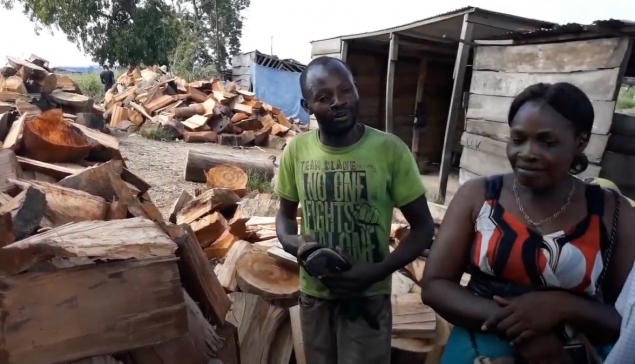
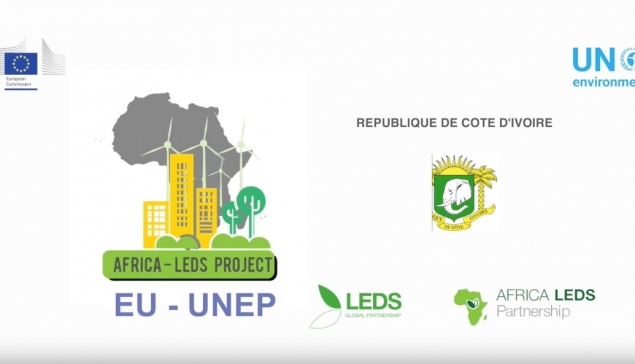


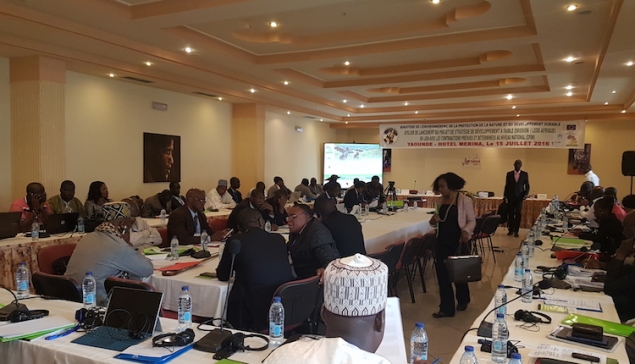
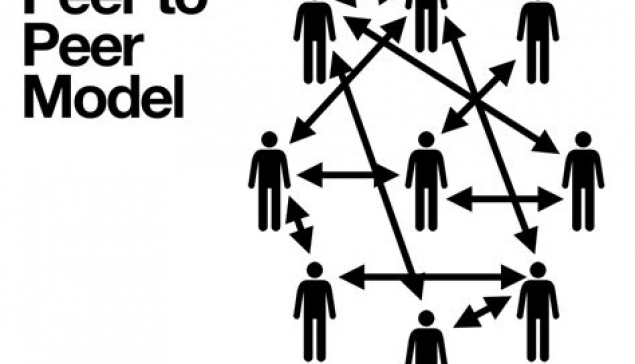

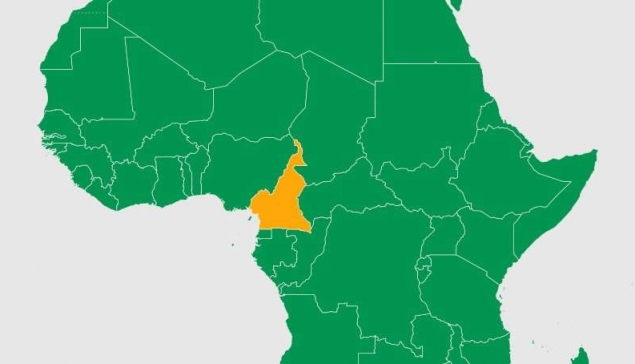
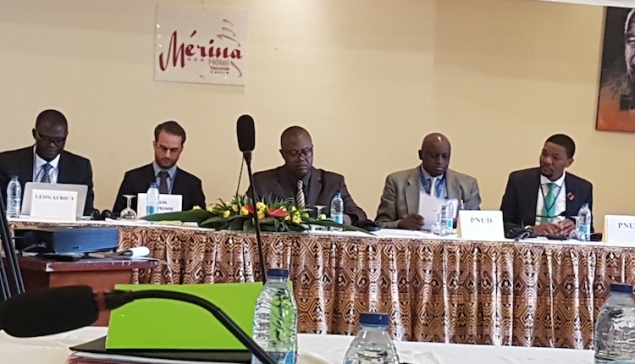
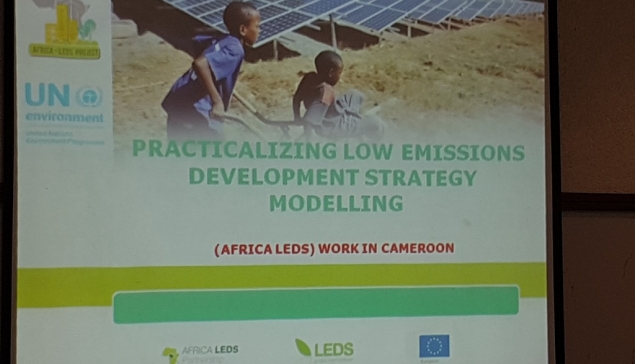
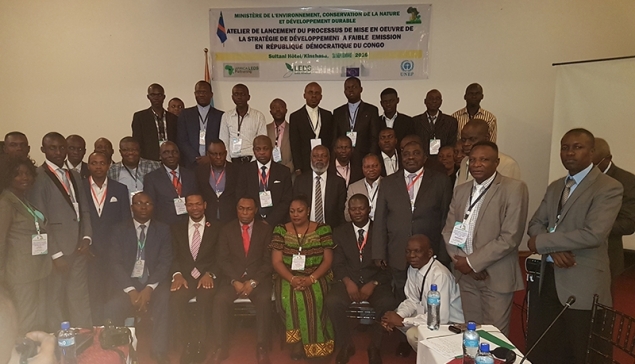
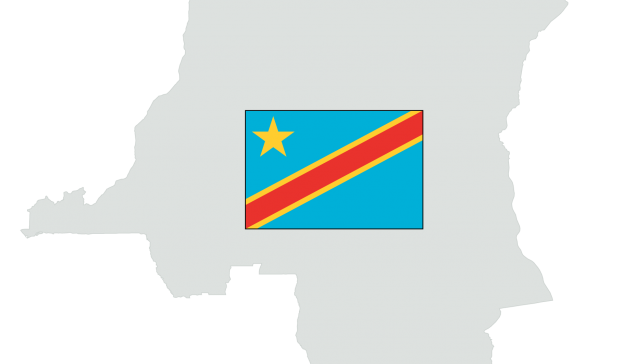
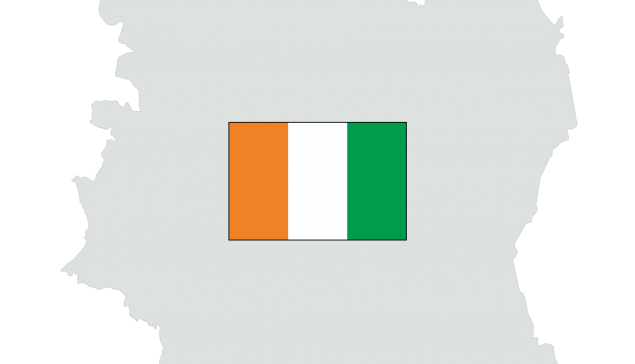
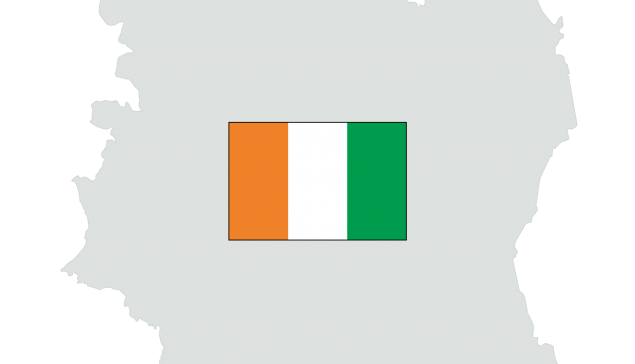
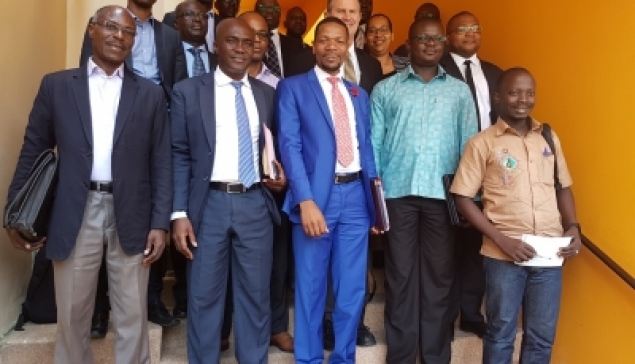
_large.jpg)
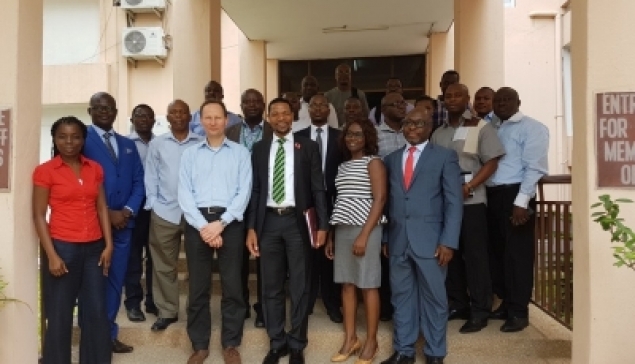
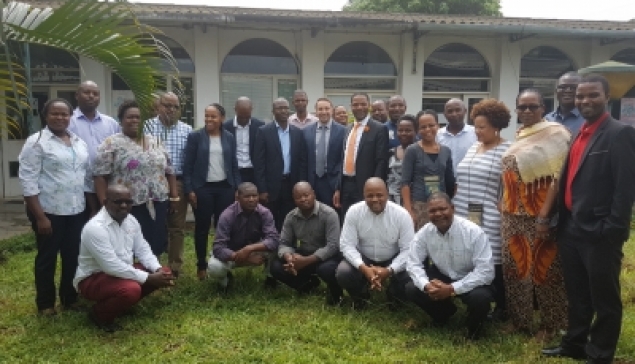
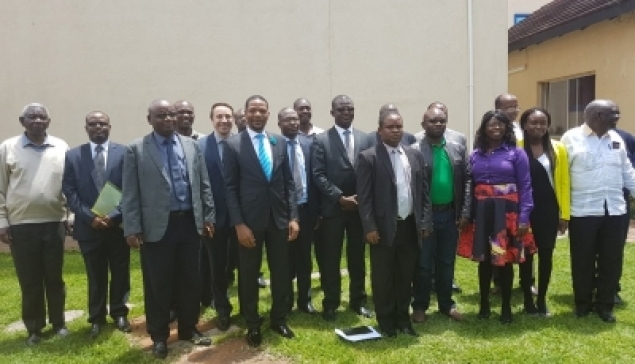
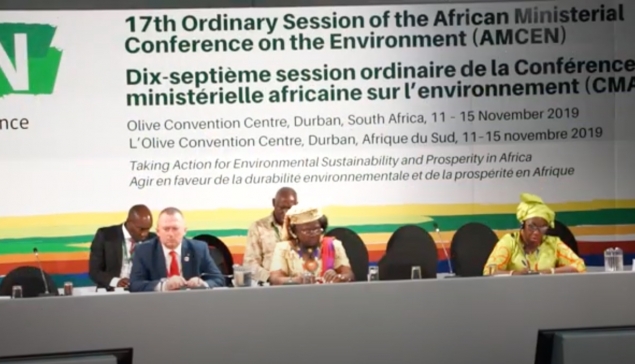

_large.jpg)
